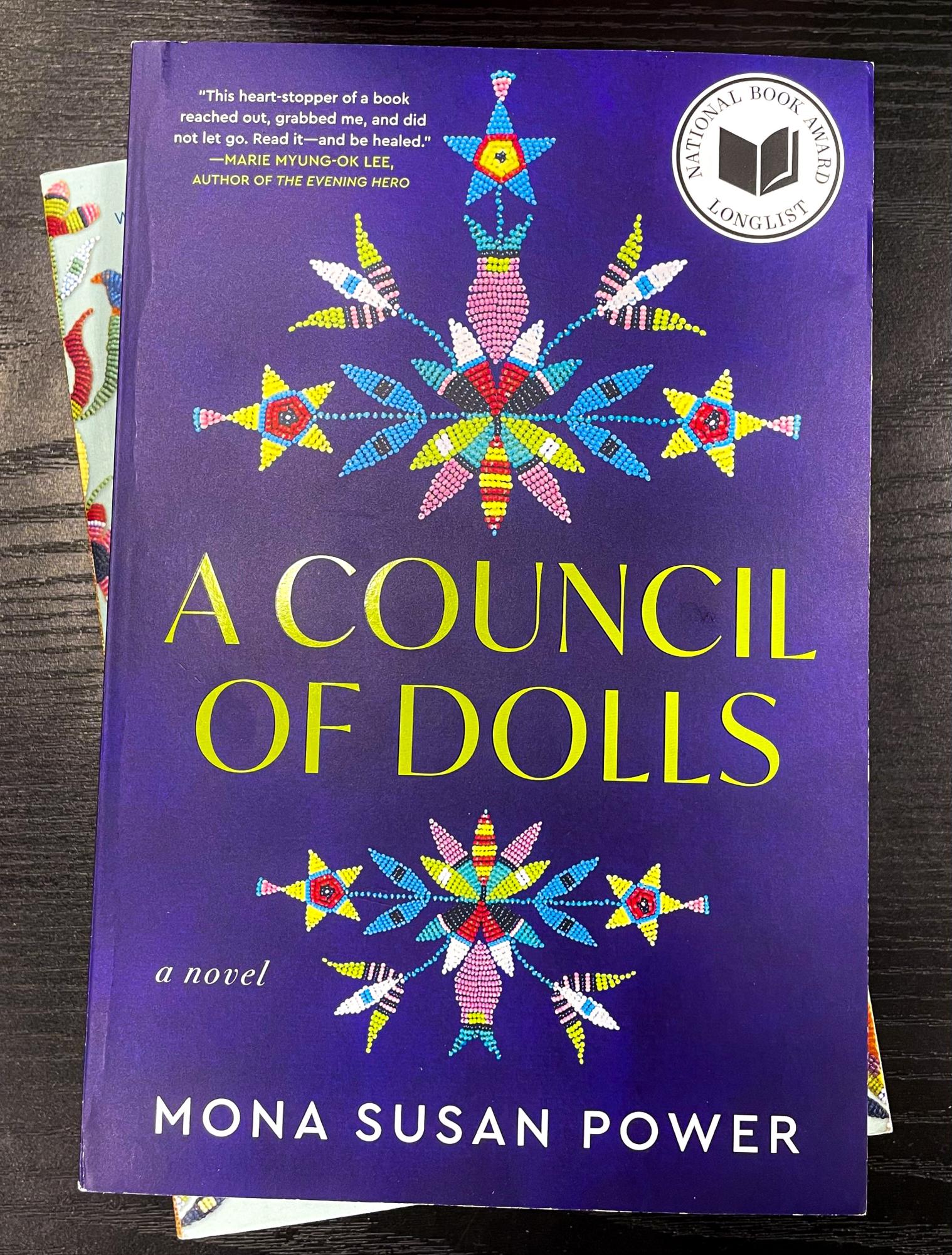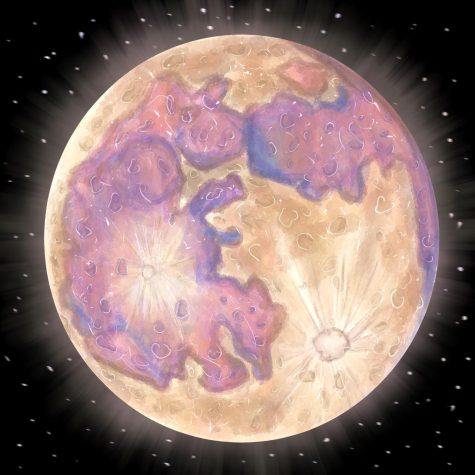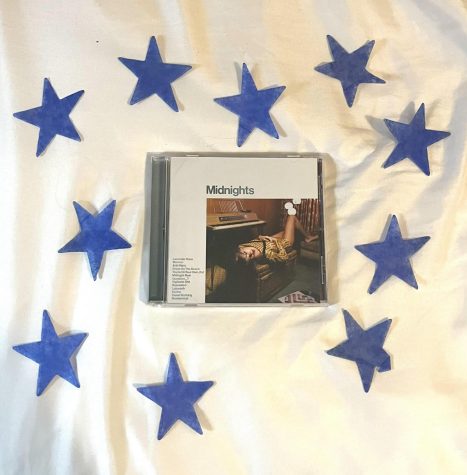“Hacksaw Ridge” Movie Review
Mel Gibson is an incredibly talented filmmaker, possibly one of the best. His films have an uncommon grit and realism lacking in many of today’s most dramatic pictures. He is not afraid of pushing the envelope, of crafting scenes that will leave people cringing or peeking from behind their fingers. Yet, there is also a tenderness that he harnesses throughout the scenes where there is no need for excruciating violence. “Hacksaw Ridge” depicts both sides of his film making abilities in equal measures and it is his best work.
“Hacksaw Ridge” follows the true story of Desmond Doss (Andrew Garfield), a pacifist who joins the US army as a medic during World War II. Doss took the attack on Pearl Harbor personally and he deems it unfair for many of the men he grew up with, including his brother, to go and risk their lives for their country while he sits at home nice and safe. His one and only condition: He refuses to even touch a gun.
His conviction towards his pacifism stems from various violent events occurring within his past, most of which involve his drunken father (Hugo Weaving). Weaving, who is mostly prone to playing straight-faced characters, often villains, it was interesting to witness a more grounded performance, and one that lacked the usual theatrics that he is known for. Weaving is a very talented actor who does not get enough time to shine in Hollywood, and his performance as Tom Doss grants him a fair amount of screen time to show us what we’ve been missing. He is brutal and relentless towards his family, especially when he hits the drink, beating and punishing his children often, directing a fair amount of the violence towards his wife, which is what Desmond has the biggest problem with. Weaving conveys a brutality in his performance, but also a quiet serenity during the scenes in which he is not a drunken brute. After years of seeing his best friends die during World War I, he hates himself more than anything, and it shows.
Tom Doss visits the graves of his military comrades often and he makes sure to show his children exactly what he lost. He says to Desmond, “I don’t want to have to come visit you here one day.” Desmond understands his father’s predicament; however, he knows what he must do, and he enlists as a conscientious objector in the army and leaves home shortly after his brother. He wants to be a medic and refuses to pick up a gun. He says he’ll be defending his country by saving lives rather than taking them.
His training begins in Fort Jackson in South Carolina where he is placed under the command of Sergeant Howell (Vince Vaughn). Desmond excels physically, wowing his superior officers with his unbelievable stamina and work ethic; however, he quickly becomes an outcast when Howell’s platoon begins their rifle training and Desmond refuses to participate. “Your rifle will be the only thing you truly love,” Sergeant Howell says, “an extension of your body.”
Vince Vaughn, who most people know as the fast-talking goof from such comedies as “Wedding Crashers,” “Dodgeball” and “Swingers,” gives a performance unlike anything he has ever done. Vaughn has attempted dramatic roles in the past (“Psycho,” “The Lost World,” “Into the Wild”), but he has never managed to give a memorable performance. Here, he commands the screen as the intense platoon commander. His performance is in the vein of R. Lee Ermey’s Gunnery Sergeant Hartman from “Full Metal Jacket,” spouting insults and spit into the new recruits faces as if his life depended on it. His comedy experience helped prepare him for this role as his wit is just as sharp as his bite.
The first half of “Hacksaw Ridge” showcases Mel Gibson’s knack for slow-paced drama. Like the scenes of romance between Gibson’s William Wallace and Catherine McCormack’s Murron, Gibson crafts a tender and sweet love story out of Desmond and Dorothy Schutte (Teresa Palmer), a nurse whom Desmond meets before he goes off to war. The two actors have a delightful chemistry as well as contagious interplay that make their relationship feel real and up the stakes during the scenes where Desmond must run through the line of fire. Their relationship feels organic, which is uncommon in a movie such as this where many other filmmakers would have gone for the far easier route of manipulating the audience with clichés and melodrama.
The other quarter of the first half ditches the tenderness, but offers a heaping helping of brutal attacks to the human spirit. The scenes concerning basic training are what you would expect from a war movie, up until Sergeant Howell and his platoon realize Desmond will not pick up a gun where the once equally distributed abuse becomes much more aimed and at one recruit in particular. This is where Andrew Garfield really shines. It is a far more subtle side to his performance than during the first quarter or second half, but it is all the more effective as he is verbally destroyed, humiliated, beaten, and hated by both his commanding officer as well as his platoon. They call him a coward, he stays silent. Even when a group of recruits beat Desmond senseless in the night, he stays silent, not resorting to violence or even giving up the names of the assailants.
The matter of his pacifism even ends up going to court where he must defend himself and his ideals against a jury of his superiors, or get sent to military prison. The pressure does get to his head when a momentary loss of composure forces Desmond to get into a fist fight with the brick wall of his jail cell. He continues to stick to his convictions and show that he can still be helpful on the battlefield even without a gun, in thanks partly to an important piece of information brought to the courtroom by his father.
After the events of the first half have ended, the film gives the viewer very little time to prepare before the bullets start flying. It is actually quite startling, as the violence hits you like a ton of bricks. This is where Gibson really shows that he has still got it. The atmosphere is eerie, quiet at first. As the troops climb the ridge, blood drips from the sky, the scenery shrouded in gray and muted colors, and then the bombs start dropping.
Gibson’s sequences of war violence are some of the best I have ever seen. It is excruciating, thrilling, devastating, fast and visceral. The sequences even rival that of Steven Spielberg’s masterful opening to “Saving Private Ryan.” The attention to detail is impeccable as no piece of the frame is wasted, whether it is filled to the brim with the bodies of soldiers basically running to their deaths or the river of blood that is the result of that. Desmond, on the other hand, is not partaking in the violence and destruction, but frantically searching the mounds of dirt, shrapnel and anonymous bodies for a sign of life.
Even after the attack is over and the American soldiers have withdrawn, Desmond stays back, continuing to search for injured, forgotten men that are still breathing. “Please God, let me save one more,” Desmond prays after each person he rescues. In these scenes, Gibson generates an extreme amount of tension. While the previous scenes of wartime violence packed a more visceral punch, the scenes of Desmond sneaking through the rubble added a welcome helping of suspense. During a scene where he is forced to bury an injured soldier under a layer of dirt to hide him from the enemy patrolling troops is edge-of-your-seat terrifying.
There is a scene where Desmond finds a wounded soldier blindly firing his weapon into the ether. Desmond calms him down and realizes that the soldier cannot see. Desmond then takes his canteen and pours some water over the man’s eyes and the man’s face lights up in a outpouring of emotion and relief. “I thought I was blind,” the man says. At the center of “Hacksaw Ridge,” there is a very crucial message, especially during this day and age. In a world where firearms have become increasingly dangerous as well as increasingly easier to get a hold of due to the political harping about an incredibly outdated constitutional right, this is a film that should be witnessed. “Hacksaw Ridge,” despite its religious themes, never preaches, and gives an answer to the debate over the second amendment. We need more films like it.
-Hacksaw Ridge: 5/5
Your donation will support the student journalists of Salem High School - MI. Your contribution will allow us to purchase equipment and cover our annual website hosting costs.
Ever since I was an infant I have been fascinated by film. If you ever need information or an analysis on a certain movie, I’m your guy. I am a one-time...





